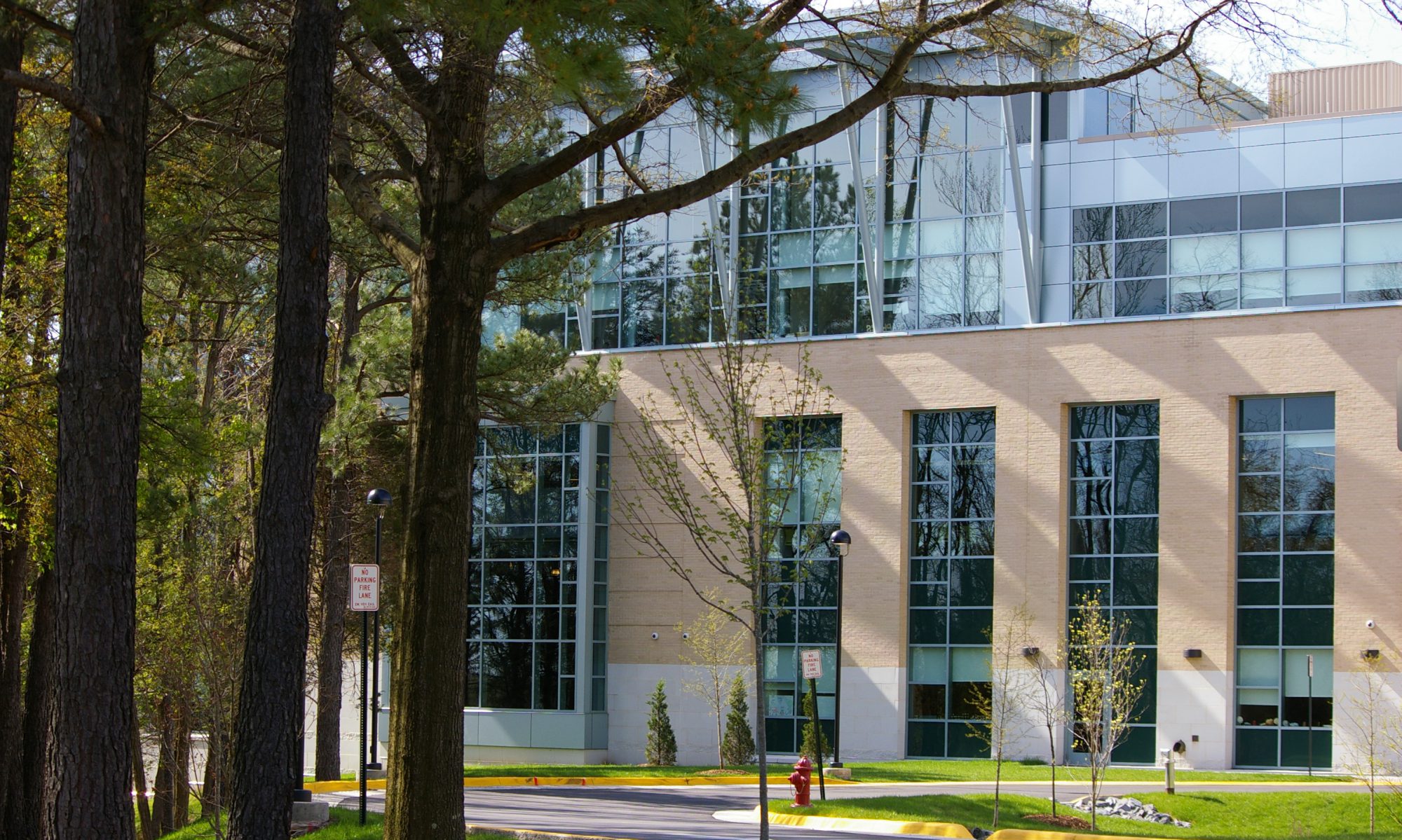Hello Alexandria folks!
Are you planning to be outside Monday afternoon on August 21st? Don’t miss the Great American Eclipse of 2017. You might have to wait quite a long time before you get another chance. Check out here to see when is the next time you can see an eclipse in North America.
It has been indeed a long time since a full eclipse swept across the entire United States. And now, we are right smack in the middle of it. Well, somewhat in the middle of it! It actually misses us by 400 miles. If you want to get the full experience, you will have to drive down all the way to South Carolina. For the rest of us who remain here for the first day of fall classes, the eclipse will be only partial.
What, When, Where
According to the United States Naval Observatory, we get to enjoy a partial eclipse of 81% here at Alexandria on Monday, August 21. It begins at 1:17 pm and it ends at 4:01 pm. The maximum will occur between 2:41 and 2:43 pm. Here is a short simulation that gives an idea of what to expect.
The How Of It
Remember: do NOT look directly at the Sun without proper protective eyeware. Unfortunately, all safety shades have been sold out everywhere for at least a week (and yes, that includes even online vendors). The good news is that you can still enjoy the eclipse even without shades.
Just bring two sheets of opaque cardboard paper with you and get ready to look down at the ground rather than up in the sky. Place the first sheet on the ground, that will be your screen on which you will be viewing the eclipse. Make a small round tiny hole (with a needle, pushpin, etc.) on the second piece paper, hold it above the first paper and project the solar eclipse through the hole. Here is a nice detailed explanation of how to do it.
A Bit Of Science
So, how exactly do solar eclipses occur? In short, it happens because of an interesting coincidence. Even though the Moon is about 400 smaller in diameter than the Sun, it is actually 400 times closer to the Earth than the Sun. So, on Earth both bodies appear to have the same size. When the Moon crosses in front of the Sun during its motion, it blocks it from view. You can read more about the conditions in this easy-to-read popular article describing why we get solar eclipses.
See For Yourself
A solar eclipse is not only an astronomical phenomenon. There are plenty of exciting things happening on the ground, as well. The day darkens. If the eclipse is close to full, you might even see stars in the sky. The temperature drops. The birds change their chirping. If you are next to trees, you can see tiny little crescents appear on the ground: the pinhole images produced by holes in the leaves. In short, there will be plenty to see during the eclipse. And, if you want to help NASA, contribute your eclipse observations through the Globe Observer app.














